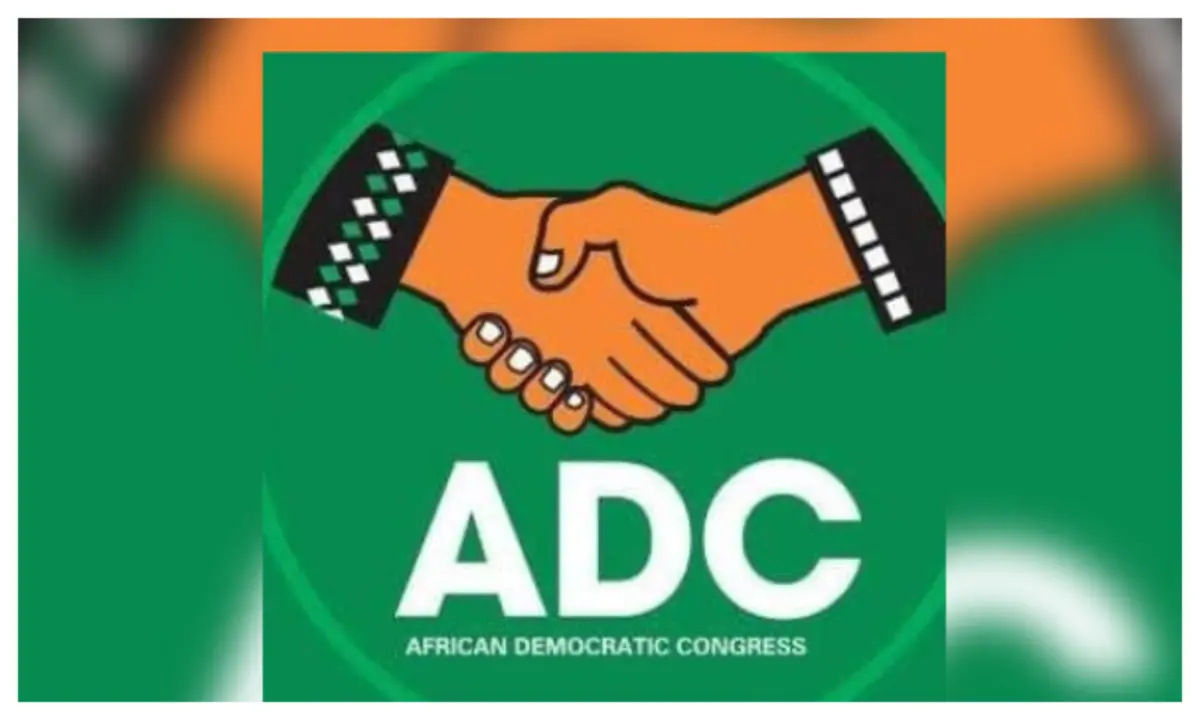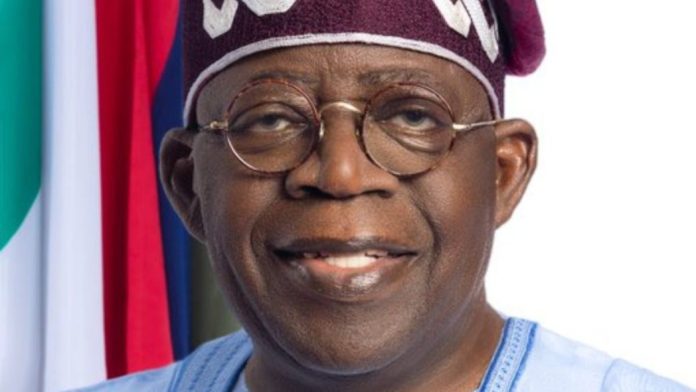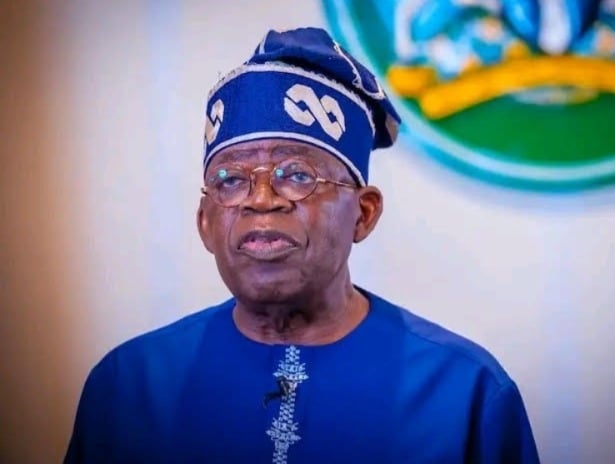Airlift Outrage: Ibom Air Saga Exposes Brutal Tarmac Assault, Emmanson Speaks Out

Nigeria’s airports, intended as orderly gateways, recently became stages for public drama, revealing how fame, gender, and public perception can significantly skew the scales of justice. Two distinct incidents in August—one involving the prominent Fuji legend, Wasiu Ayinde Marshal (KWAM 1), and the other, a regular passenger named Comfort Emmanson—while differing in their specifics, shared a common underlying lesson about privilege and accountability.
On August 5th, at Abuja’s Nnamdi Azikiwe International Airport, KWAM 1 attempted to board a ValueJet flight to Lagos carrying a gold flask. Crew members, suspecting it contained alcohol, confronted him, though he maintained it was water for a medical condition. The situation escalated, with KWAM 1 allegedly splashing the flask’s contents on a crew member. He then reportedly strode onto the tarmac, obstructing the aircraft’s taxi, an undisputed violation of aviation safety regulations. The Federal Airports Authority of Nigeria (FAAN) condemned his actions, and the Nigerian Civil Aviation Authority (NCAA) imposed a six-month no-fly ban. Two pilots were also suspended for proceeding despite the unsafe conditions. Days later, KWAM 1 issued a comprehensive public apology to various stakeholders, expressing deep regret and promising cooperation. His punishment was subsequently reduced to one month, and he was even appointed an ambassador for airport safety.
Barely a week later, another incident unfolded at Lagos’ Murtala Muhammed International Airport. Comfort Emmanson, arriving from Uyo on an Ibom Air flight, repeatedly refused instructions to switch off her phone. She later explained that one phone was already off, and the other’s power button was faulty; a fellow passenger, an engineer, eventually helped her turn both off. However, the confrontation reportedly spiraled after landing. Emmanson recounted that after other passengers disembarked, an air hostess named Juliana blocked her from exiting the aircraft. When Emmanson began recording the situation, Juliana allegedly pushed her back, grabbed her frontal hair and clothes, and pulled off a gold necklace, causing her phone to fall and break. Emmanson stated that the physical pain and being called a “prostitute” provoked her to poke the air hostess, an action she deeply regretted given the context of the alleged assault. Viral footage of the aftermath showed Emmanson’s shirt torn, her wig pulled off, and her furious assault on the Purser, including stepping on her, smashing her glasses, and delivering multiple slaps. She also allegedly attempted to grab a fire extinguisher as a weapon before being restrained and removed. Within hours, social media mockingly dubbed her “KWAM 2,” drawing a stark comparison to the earlier incident.
The public reactions to these two events starkly highlighted a glaring double standard. Emmanson faced swift arrest, charges, and remand, with her humiliation broadcast globally. Conversely, KWAM 1 was given the opportunity to control his narrative, issue a public apology, and negotiate his consequences before they were publicized. The Aviation Minister condemned the public sharing of Emmanson’s degrading footage, denouncing it as “the debasement of womanhood,” and ordered sanctions against those responsible for its dissemination. Yet, the damage to Emmanson’s dignity was already done.
These cases vividly expose the privilege inherent in celebrity status. Fame appears to afford individuals time—time to apologize, time to frame events in their own words, and time to soften the blow of consequences. KWAM 1’s reduced ban and subsequent ambassadorship contrast sharply with Emmanson’s anonymity, which ensured swift judgment, public disgrace, and an initial lifetime ban—only later lifted through a ministerial pardon. While supporters of KWAM 1 argued his contrition justified leniency, critics pointed out Emmanson lacked a similar platform to articulate her defense before her punishment was handed down.
In both instances, the core offenses constituted breaches of aviation protocol. However, it was the procedural handling, not merely the outcome, that underscored the inequities in justice. The Minister’s later directive to drop charges against both individuals and to re-train aviation staff on conflict resolution was a welcome step. Nevertheless, the sequence of events had already revealed a significant imbalance: visibility seems to accelerate mercy, while invisibility appears to magnify punishment. This phenomenon extends beyond aviation, reflecting how Nigerian society often processes misconduct.
Public figures frequently enjoy patience, due process, and opportunities for image repair. In contrast, unknown individuals are often first tried in the court of public opinion, then in legal courtrooms, frequently without the same procedural dignity. Social media amplifies this disparity, transforming ordinary infractions into viral entertainment or meticulously managed public relations moments, depending on the individual’s social standing. The symbolism is undeniable: Emmanson’s torn clothes and bruised dignity became a public spectacle, while KWAM 1’s breach of safety rules was reframed as a story of redemption. One was depicted as a menace to order, the other as a momentarily errant icon reformed and entrusted with promoting safety.
True professionalism in aviation—and in public life—demands more. It necessitates fairness, empathy, and equity, irrespective of gender, fame, or follower count. It requires that investigations precede punishment, not the other way around. It mandates that safety rules be enforced without fear or favor, and that human dignity be preserved, whether one is a household name or completely unknown. Both incidents, in retrospect, were preventable. The implementation of trained “airport quick-intervention” units, as some have proposed, could have de-escalated these confrontations professionally and without creating a spectacle. Rules must be enforced firmly but with compassion, particularly in the volatile environments where stress, travel, and human ego can collide. Until the processes of justice within Nigerian airports—and broader society—are stripped of bias, the runway to fairness will remain tilted. And with every takeoff from such a runway, the marks left behind will serve as a constant reminder, not just of departures and arrivals, but of a nation still striving to balance justice with humanity.
Fatima Ikram Abubakar is a Mass Communication student at Afe Babalola University, Ekiti, and an intern with PRNigeria. She can be reached via [email protected]
Recommended Articles
Super Eagles Shake-Up! Osimhen Leads, Iheanacho Dropped as WC Qualifying Crisis Looms

Nigeria's Super Eagles face a critical juncture in their 2026 FIFA World Cup qualifiers, with head coach Eric Chelle nam...
Political Firestorm Looms as ADC Fights Oil Asset Privatization

The African Democratic Congress (ADC) is strongly opposing the planned sale of Nigeria's oil assets and proposed amendme...
Royal Scandal: Ex-Olori Accuses Oluwo of Abandoning Son, Ooni Cleared of Involvement

Former wife of the Oluwo of Iwo, Chanel Chin, has vehemently denied allegations by the monarch linking her and the Ooni ...
National Pride Reborn: Tinubu Reopens Iconic National Theatre, Renames Wole Soyinka Centre

President Bola Ahmed Tinubu recently inaugurated the refurbished Wole Soyinka Centre for Culture and Creative Arts, form...
President Tinubu Urges Global Action on Non-Communicable Diseases and Mental Health at UNGA

President Bola Ahmed Tinubu has urged global leaders to increase investments and partnerships to tackle non-communicable...
You may also like...
Chelle's Controversial Super Eagles WCQ Squad Shakes Up Football World

Super Eagles Head Coach Eric Chelle has announced a €295.2 million squad for the crucial 2026 FIFA World Cup qualifiers ...
Postecoglou's Forest Nightmare: Manager Faces Axe Amid Pressure Cooker Fixture

Ange Postecoglou, just weeks into his Nottingham Forest tenure, faces growing pressure and fears dismissal after a winle...
Adam Driver & Anne Hathaway Join Forces for Ron Howard's War Drama

Ron Howard is set to direct 'Alone at Dawn,' a new military drama starring Adam Driver and Anne Hathaway, based on the N...
Cillian Murphy Unveils 'Real F***ing Horror' Role & Post-Oppenheimer Journey

Cillian Murphy, following his Oscar win for 'Oppenheimer,' stars in the new Netflix drama 'Steve,' streaming October 3. ...
Taylor Swift's 'Life of a Showgirl' Album: Celeb Reactions & Fan Favorites Revealed!

Taylor Swift's latest album, "The Life of a Showgirl," released on October 3, sparking widespread excitement. Nicki Mina...
Behind the Music: Lola Young's High-Stakes Legal Battle for 'Messy' Royalties

British singer Lola Young is entangled in a severe legal battle with US producer Carter Lang, who claims a share of prof...
Pop Icon Taylor Swift Drops Bombshells on Personal Fears and Travis Kelce Wedding Dreams

Taylor Swift's new album, 'The Life of a Showgirl,' marks a joyful shift to love, revealing her engagement to Travis Kel...
Outrageous Office Worker's Smelly Morning Ritual Stuns Commuters!

A man caused a stir on a Thameslink train when he brought a microwave to heat noodles during his morning commute, baffli...